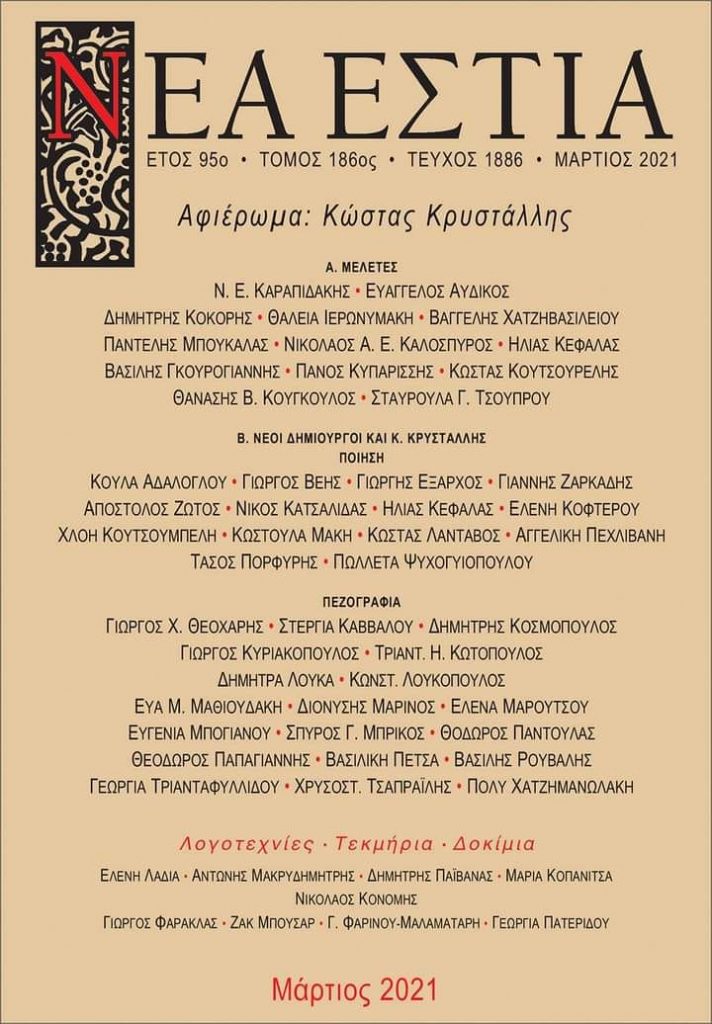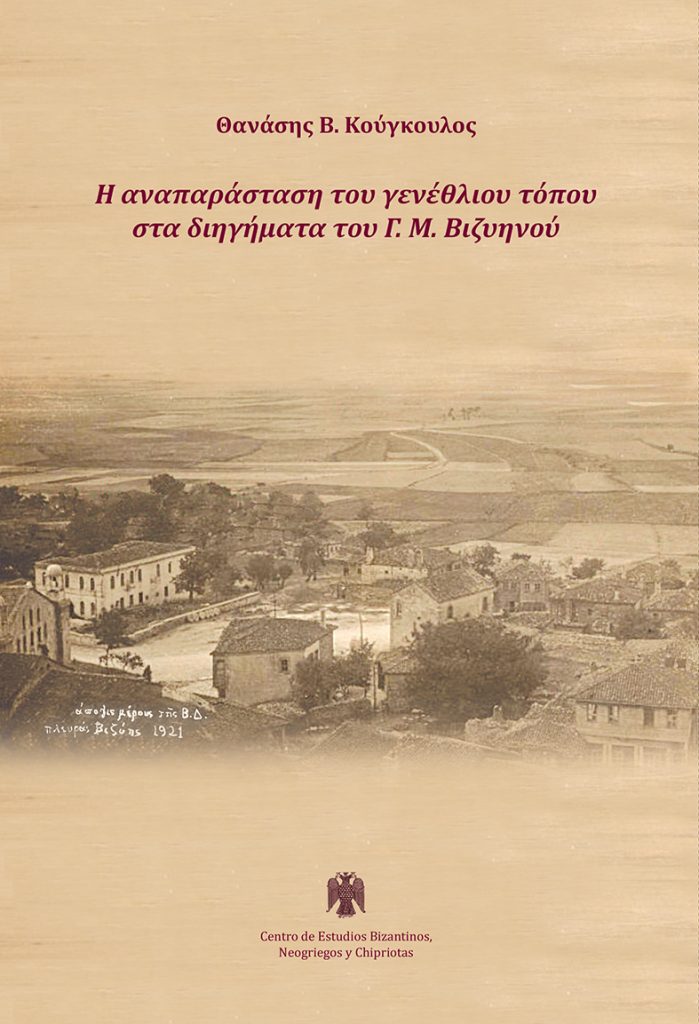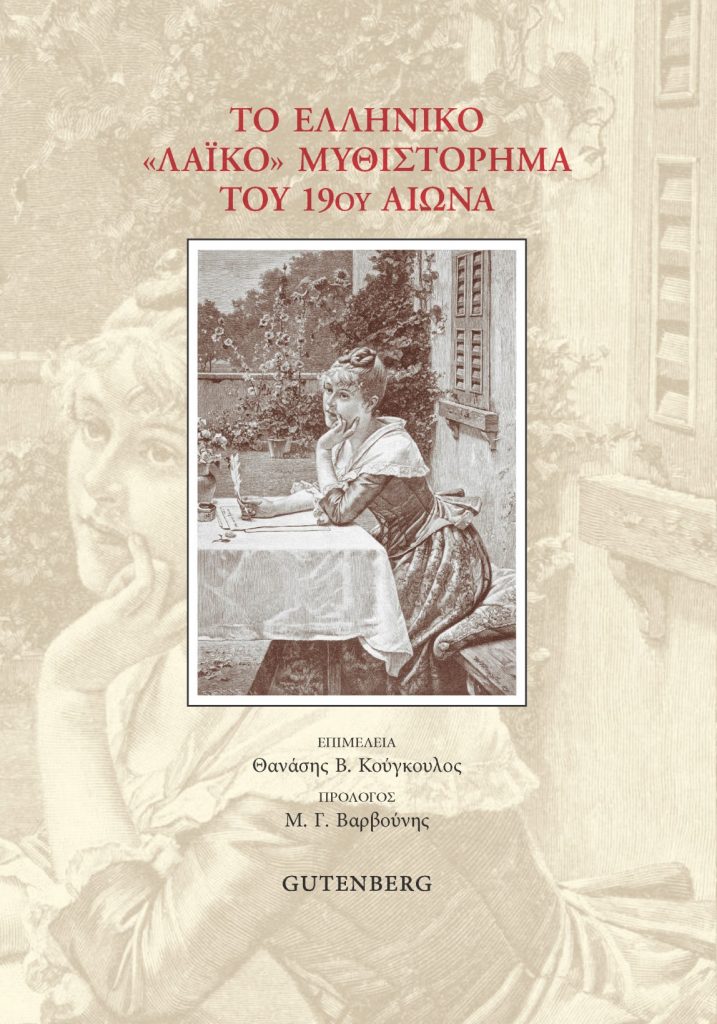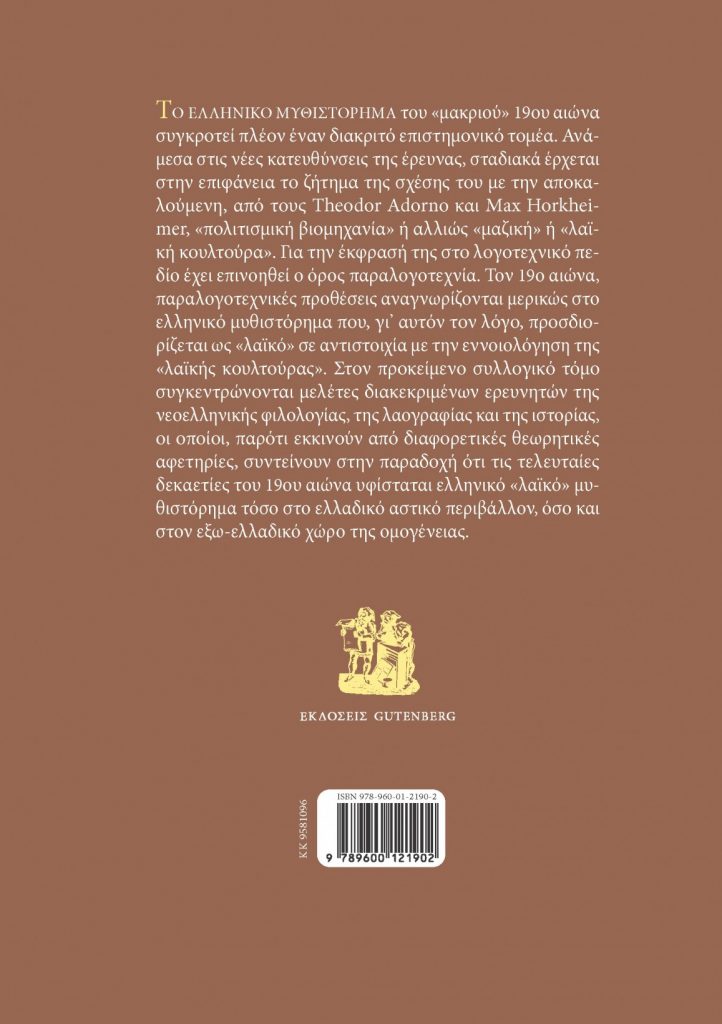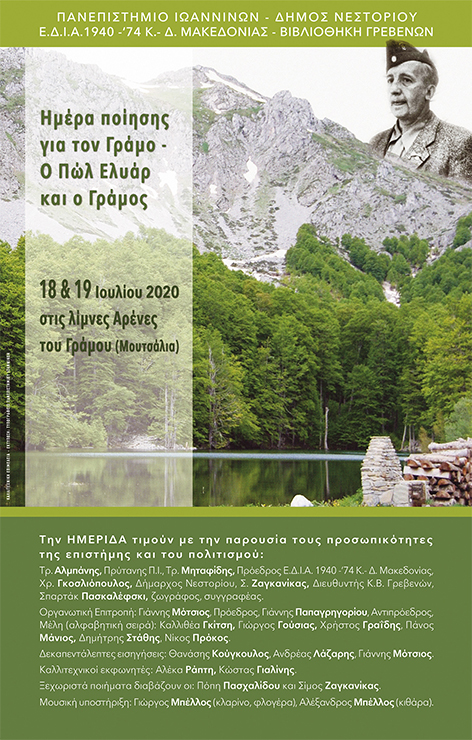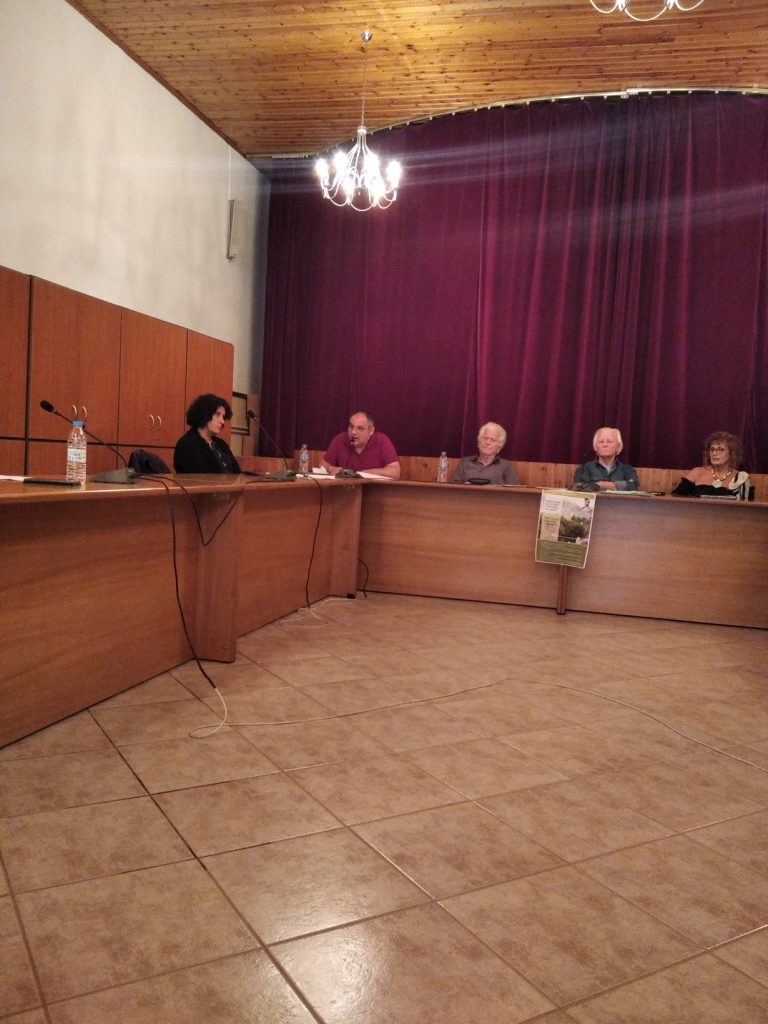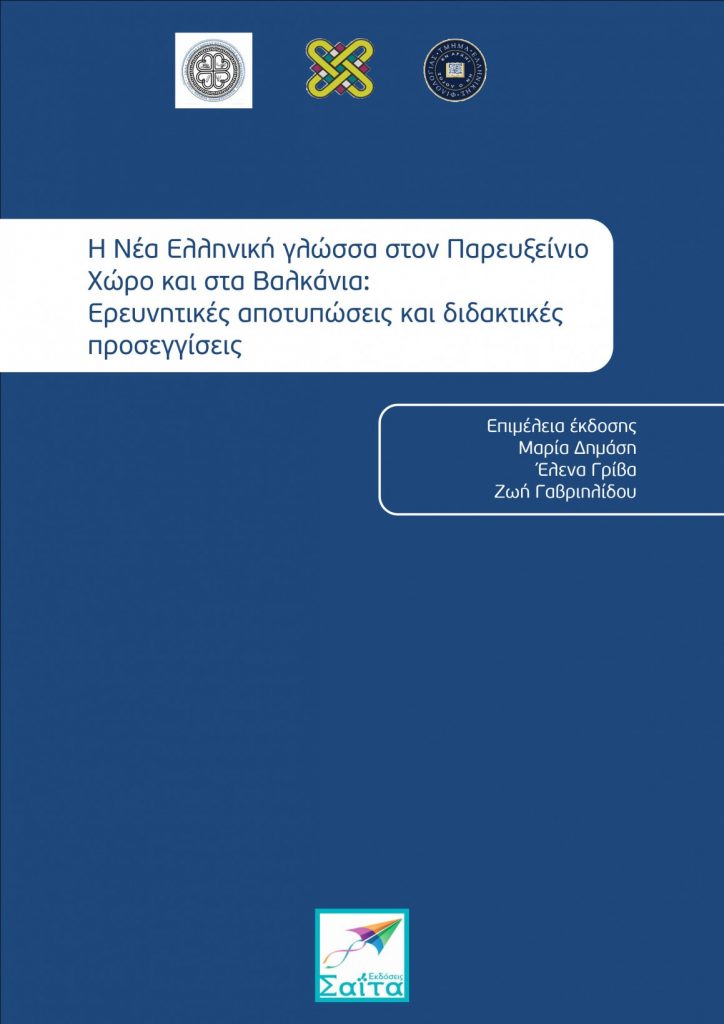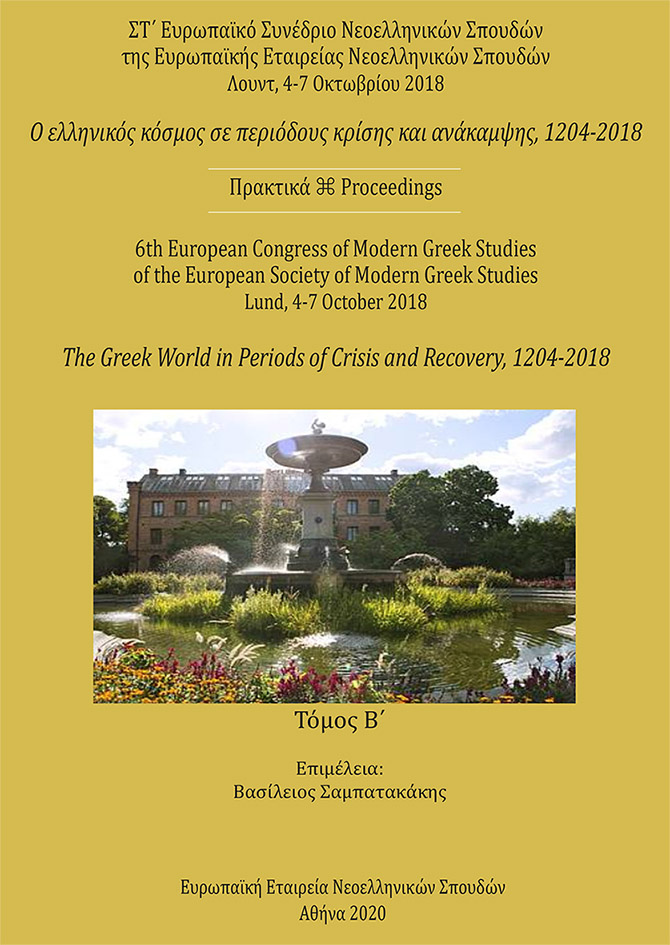
Αναστασία Τσαπανίδου – Θανάσης Κούγκουλος, «Αχαρτογράφητα στοιχεία της ελληνικής πεζογραφίας του 19ου αιώνα. Οι αυτοτελείς εκδόσεις της Κωνσταντινούπολης κατά την κρίσιμη εικοσαετία 1880-1900», στο Βασίλειος Σαμπατακάκης (επιμ.), Ο ελληνικός κόσμος σε περιόδους κρίσης και ανάκαμψης 1204-2018. Πρακτικά ΣΤ΄ Ευρωπαϊκού Συνεδρίου Νεοελληνικών Σπουδών, Λουντ 4-7 Οκτωβρίου 2018, Τόμος Β΄, Ευρωπαϊκή Εταιρεία Νεοελληνικών Σπουδών, Αθήνα 2020, σσ. 357-380.
The 1880`s are a critical period for the development of the Modern Greek literary prose, due to several reasons. Until now researchers have examined these reasons mostly in the case of novels and stories edited within the borders of the Greek State, but there is still a lot of missing knowledge about what happened outside Greece during the last decades of the 19th century. In this paper we present our first conclusions derived from a new systematic research focused on Modern Greek prose edited in Constantinople between 1880 and 1900. According to our collected data, 30 new titles appeared during this period; 22 of them are novels and 3 are collections of short stories. The rest are anthologies with miscellaneous material of different writers, including prose and poetry. Some of the prose writers retain contact with the Greek Kingdom; but the majority’s impact is limited within the Ottoman borders due to political, ideological and historical reasons that kept Athens and Constantinople at a low level of cultural interaction at that time. That’s why nowadays it is extremely difficult to find sufficient information about their lives and their literary works. Our research is still in progress, but for the time being we can assume that their fictional stories are mostly influenced by the 19th century’s European novel and that they built their plot preferably in a non-Ottoman and highly urbanized Constantinopolitan time and space of the 19th century era. It is true that the majority of this kind of prose isn’t of great literary importance. Nevertheless, their writers make a strong effort to create a new generation of intellectuals which will deliberate prose from the old-fashioned ways of writing and move it forward in order to realistically represent the urban and social relations of their time.
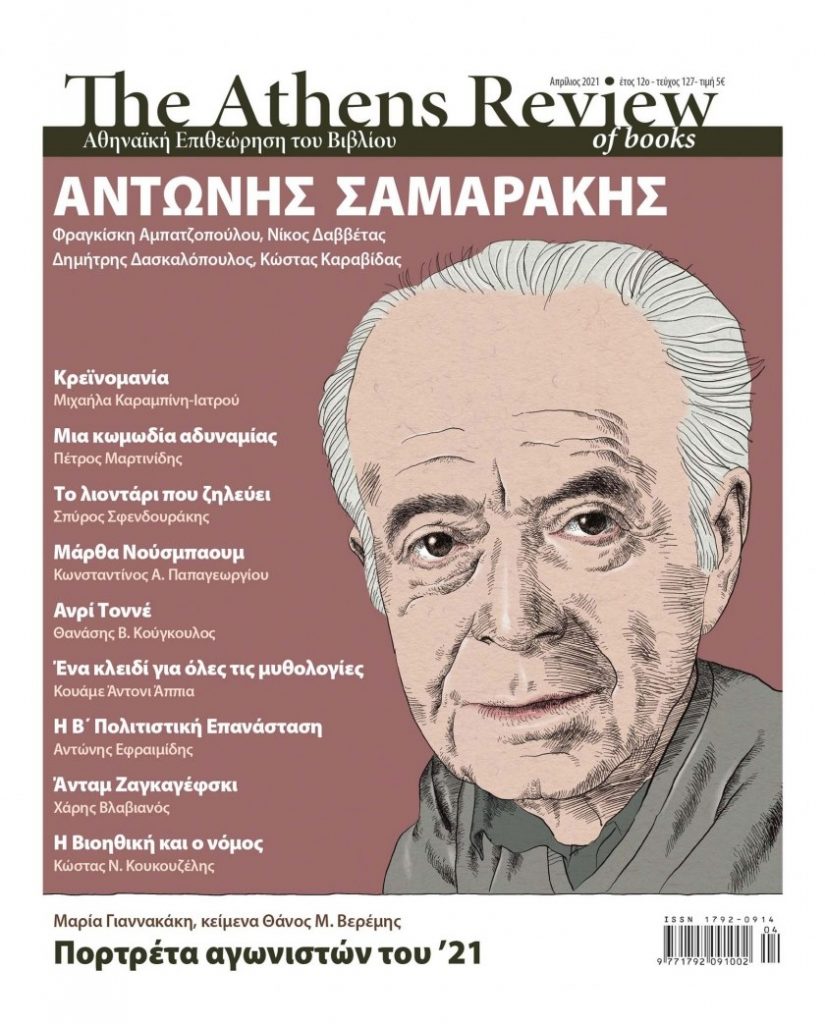 Κριτική για τη μονογραφία: Henri Tonnet, Από το Ἀπόκρυφα Κωσταντινουπόλεως στο Οἱ Ἄθλιοι τῶν Ἀθηνῶν. Το ελληνικό «επιφυλλιδικό μυθιστόρημα» του 19ου αιώνα, μετάφραση Πέτρος Μαρτινίδης, Νεφέλη, Αθήνα 2020, σελ. 368.
Κριτική για τη μονογραφία: Henri Tonnet, Από το Ἀπόκρυφα Κωσταντινουπόλεως στο Οἱ Ἄθλιοι τῶν Ἀθηνῶν. Το ελληνικό «επιφυλλιδικό μυθιστόρημα» του 19ου αιώνα, μετάφραση Πέτρος Μαρτινίδης, Νεφέλη, Αθήνα 2020, σελ. 368.